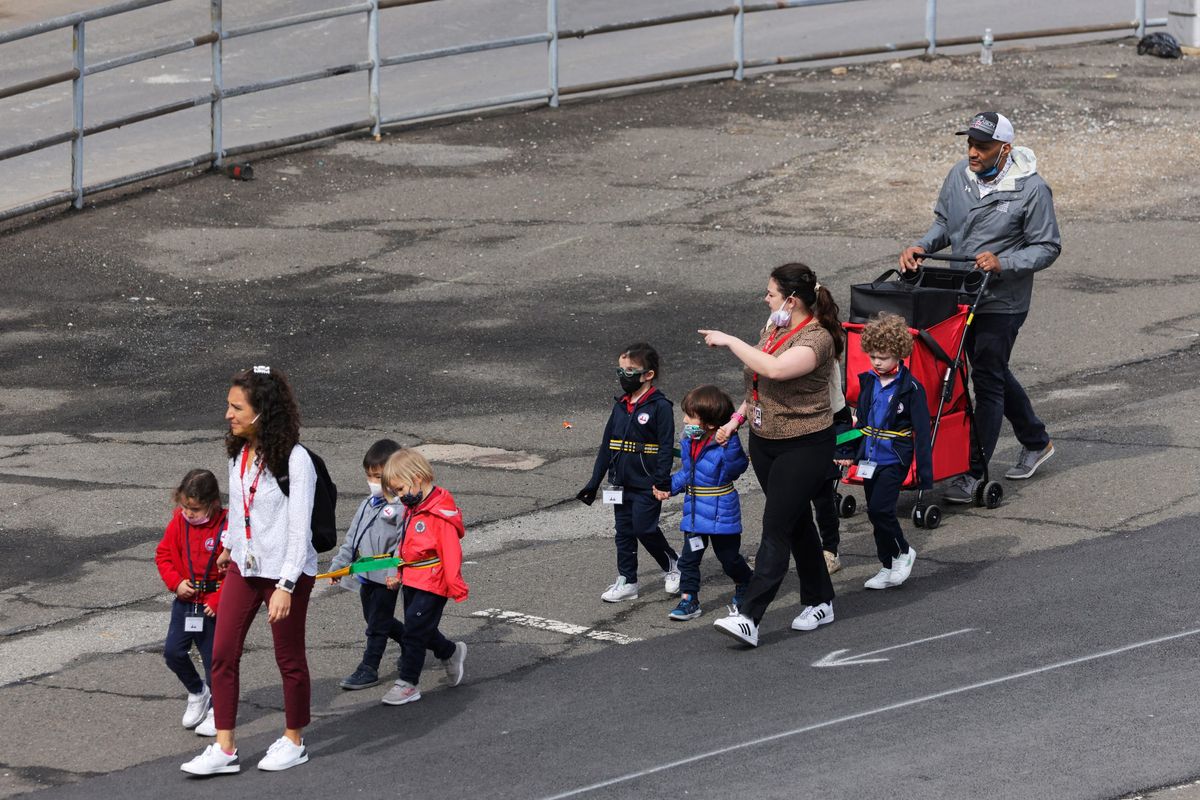1 in 4 kids get long COVID, and researchers are trying to figure out why

A few minutes every morning is all you need.
Stay up to date on the world's Headlines and Human Stories. It's fun, it's factual, it's fluff-free.
Recent COVID studies show that one in four kids could deal with long COVID, meaning they have symptoms that last up to three months or longer after actually catching it. The most common symptoms for these kids are neuropsychiatric (think headaches, fatigue – that kind of thing), cardiorespiratory (think breathing difficulties or heart problems), skin-related (like itching or sweating) and gastrointestinal (like diarrhea or nausea).
This is all based on previous studies, though, and hasn’t yet been peer-reviewed or had any specific research of its own, so the answers aren’t totally conclusive just yet.
And the good news is that more research is being done to try to find out why some kids – like that one in four – experience long-term symptoms from COVID and why others don’t.
Key comments:
“Identifying the main signs and symptoms of pediatric long COVID can help diagnose, develop better treatments, create multidisciplinary teams for optimal clinical management, and find risk factors for prevention," said co-author of this most recent study, Sonia Villapol of Houston Methodist Research Institute in Texas.
“It was just super frustrating," said Tara Carpenter, the parent of a child involved in new studies to help better understand. “We’re trying to find out answers for our kid and nobody could give us any. And it just was really frustrating.” But, Carpenter was quick to say that no one is to blame.
You drive the stories at TMS. DM us which headline you want us to explain, or email us.







Comments ()